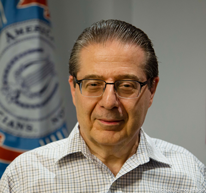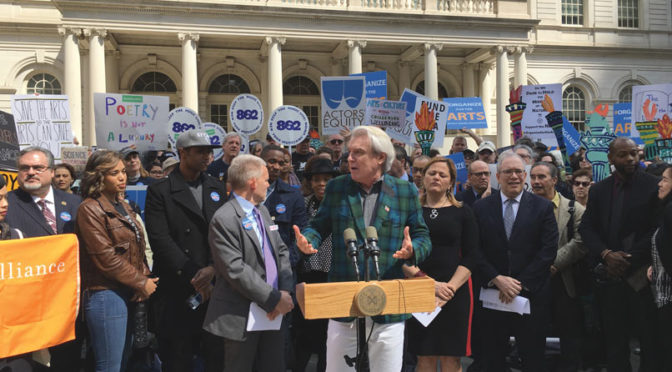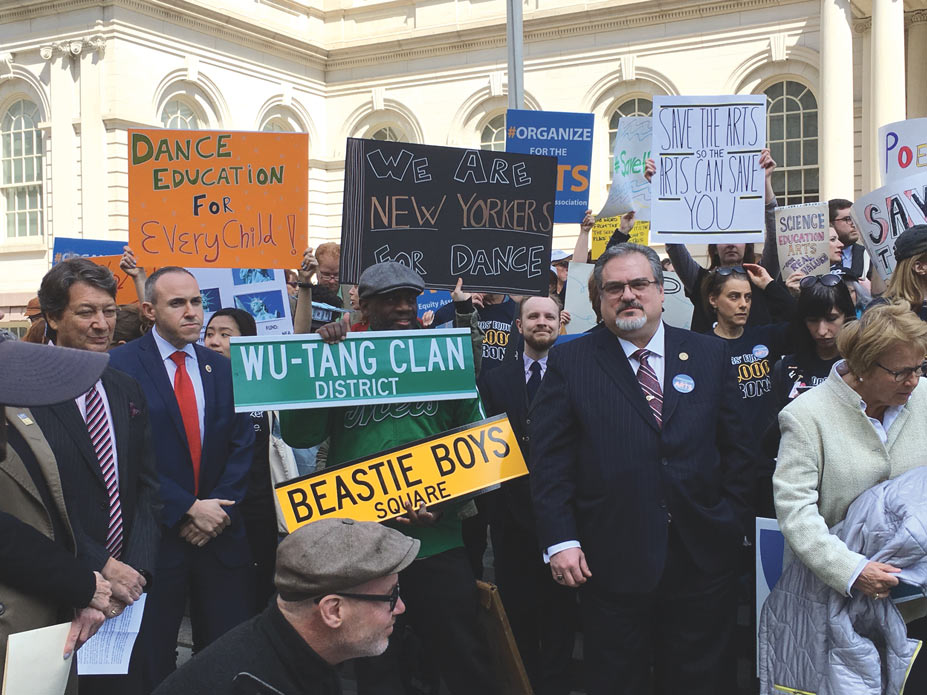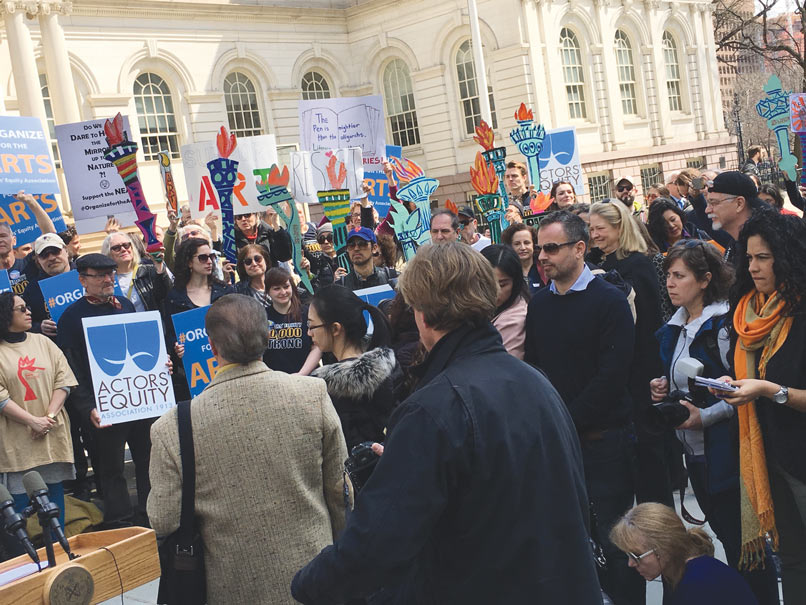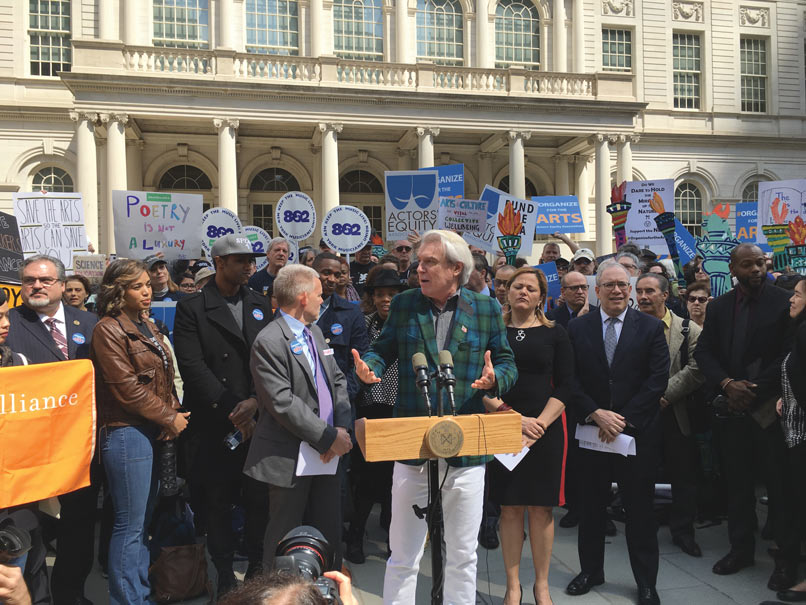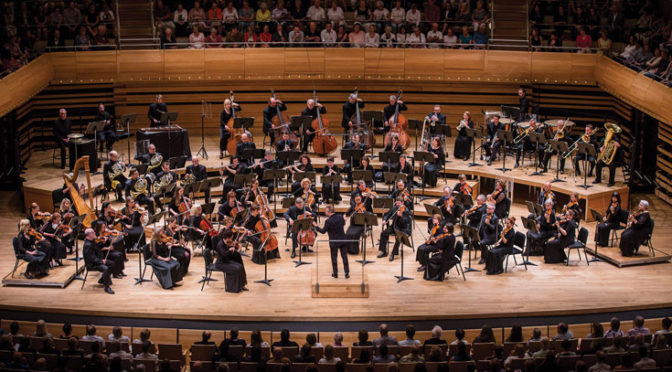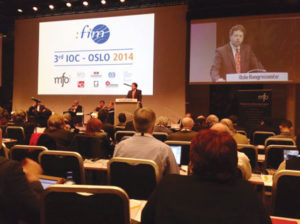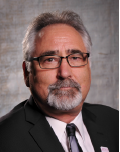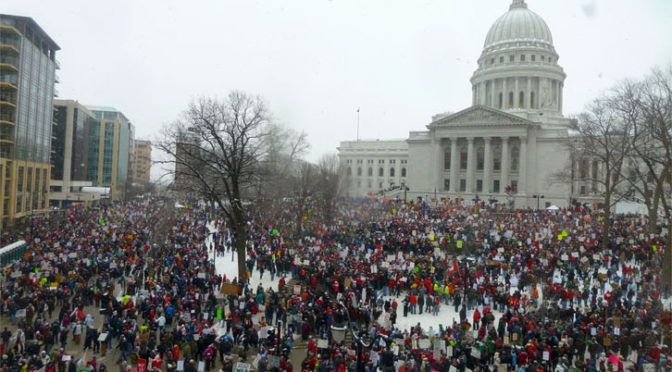In October, graduate students at the University of Chicago became the latest to vote to unionize, despite opposition from administrators. Currently, 12 academic institutions host Graduate Student Unions. Penn students faced the same opposition when they voted for unionization last year.
Senator Bernie Sanders, a 1964 UChicago graduate, commented in a letter: “Having a union ends the arrangement where the employer makes all the decisions unilaterally, and institutes a legal process where your union organization collectively bargains with the employer regarding the issues you have identified as needing improvement. I respect the critical work you do every day, and wish you the very best in your efforts to create a democratic workplace where your voice can really be heard.”


